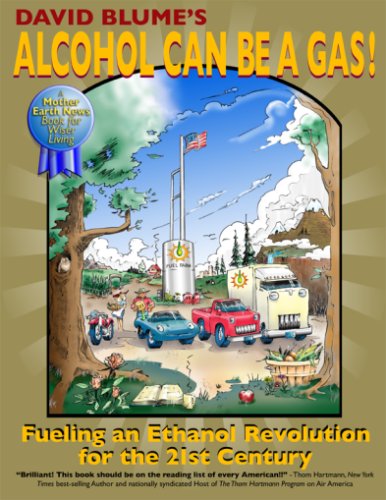Permaculture Articles
Food:
Masanobu Fukuoka's Natural Farming and Permaculture
by Larry KornMasanobu Fukuoka is a farmer/philosopher who lives on the Island of Shikoku, in southern Japan. His farming technique requires no machines, no chemicals and very little weeding. He does not plow the soil or use prepared compost and yet the condition of the soil in his orchards and fields improve each year. His method creates no pollution and does not require fossil fuels. His method requires less labor than any other, yet the yields in his orchard and fields compare favorably with the most productive Japanese farms which use all the technical know-how of modern science.
Food and Permaculture
by David BlumeI wrote this in response to post to the bioregional listserve from a woman at ATTRA who said something like "Of course you couldn't feed the world with such a hippy-dippy, hunter-gatherer, landscape system like permaculture." Well that got me a little steamed so this is what I wrote.
Our Farm CSA
For 11 years, the International Institute ran a Community Supported Agriculuture Program call "OUR FARM" in Woodside, CA. Our Farm was a collaboration between eaters and farmers in which the farmers raised produce for a limited number of eaters (sharers) at a fixed price, rather than for the general market. The sharers received the farm's produce, at or near the cost of production, throughout the year. There were no middlemen between farmer and consumer.
Organic Food is Better for You!
by Andre Leu
Many people purchase organic food because they believe it is healthier than conventionally grown food. The organic industry is constantly told that there is no evidence to support these claims. This article looks at published information that shows that organic food is substantially healthier than conventional food.
Shelter:
What You Want is What You Need
The Ecology of Placemaking
by Bob TheisLeave aside for the moment, all the compelling data concerning the damage done to the earth when we build. Sobering as it is, it's too abstract to really make much difference in how the places we live get built.
Let's talk about what is tangible to everyone: what we see and feel in the places surrounding us.
The simple fact is, we don't especially like the places we currently build. In fact, we mostly dislike them, and have for the last half century. When we have the opportunity to be someplace nice, we go somewhere special, meaning someplace protected from the typical building practices of the last 50 years.
Read about "Reconciliation Ecology": building as if nature, function, and aesthetics mattered!
Economics/Political:
The Idea of a Local Economy
by Wendell BerryLET US BEGIN BY ASSUMING what appears to be true: that the so-called "environmental crisis" is now pretty well established as a fact of our age. The problems of pollution, species extinction, loss of wilderness, loss of farmland, loss of topsoil may still be ignored or scoffed at, but they are not denied. Concern for these problems has acquired a certain standing, a measure of discussability, in the media and in some scientific, academic, and religious institutions.
This is good, of course; obviously, we can't hope to solve these problems without an increase of public awareness and concern. But in an age burdened with "publicity," we have to be aware also that as issues rise into popularity they rise also into the danger of oversimplification. To speak of this danger is especially necessary in confronting the destructiveness of our relationship to nature, which is the result, in the 1st place, of gross oversimplification.
Everything I Want to Do Is Illegal
by Joel SalatinEverything I want to do is illegal. As if a highly bureaucratic regulatory system was not already in place, 9/11 fueled renewed acceleration to eliminate freedom from the countryside. Every time a letter arrives in the mail from a federal or state agriculture department my heart jumps like I just got sent to the principal's office.
And it doesn't stop with agriculture bureaucrats. It includes all sorts of governmnet agencies, from zoning, to taxing, to food inspectors. These agencies are the ultimate extension of a disconnected, Greco-Roman, Western, egocentric, compartmentalized, reductionist, fragmented, linear thought process.
Please report questions or problems with website to webmaster


